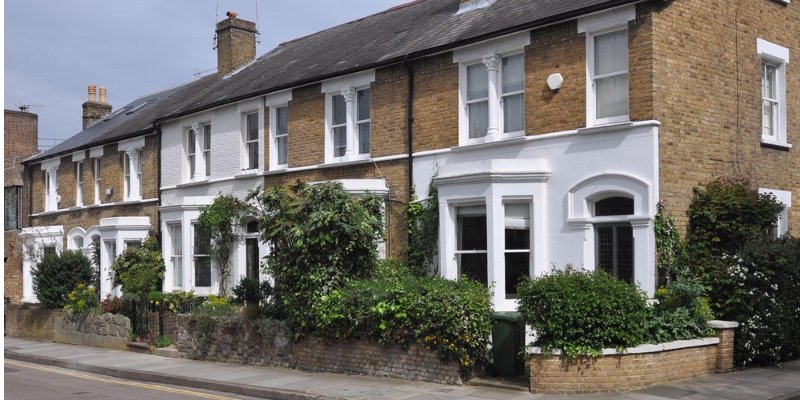Key found 1.31 million requests for care and support from over-65s each year but only 175,256 having their care fully funded by councils.

With many over 65-year-olds wanting care from councils but not receiving it, equity release could be used to bridge this gap, equity release adviser Key suggested.
Key found 1.31 million requests for care and support from over-65s each year but only 175,256 having their care fully funded by councils.
Will Hale, chief executive at Key, said:“While 77% of over-55s would prefer to stay in their home if they need care, the vast majority of people do not appear to have made any concrete plans around how to fund this.
“NHS Digital figures suggest that there are 1.31 million new requests for care and support from the over-65s each year but currently, only 175,256 people have their care fully-funded by local councils.
“This leaves a significant cohort of people who have made no provision to pay for care but won’t receive help from their local authority.
“With more than £1 trillion in unmortgaged property wealth being held by the over-65s and home care as the main preference, we are going to see increasing numbers of people using equity release for this purpose.
“By choosing a lifetime mortgage a customer is not only able to fund care in later life but they are also able to receive care in their chosen location, their own home.”
More than two-thirds (77%) of over-55s who expressed a preference to the type of later life care they might want to receive said they wanted care in their own home – either in their current home (57%) or in a more manageable property they would buy (20%).
However, while it may be a cheaper option than care in a residential home where average costs start at £30,000, under the current means-tested care funding regime a significant number of people will need to meet this cost themselves.
When asked,only 21% of over-55s have made financial provisions for care, while 13% believed they were wealthy enough to pay for care if they needed it.
Interestingly, 8% felt they would not need care in later life of which 21% expressed concern as to how they might meet these costs and a further 15% had ‘no idea’ how they might pay for care.
Currently, over-65s hold £1.1 trillion worth of un-mortgaged property wealth which suggests that for some equity release will play a significant role in meeting these unbudgeted for costs.
In 2015 deferred payment schemes were launched by local councils as part of the government’s commitmentnot to force people to sell their home in their lifetime to pay care home bills.
A Freedom of Information (FOI) request by Key, highlighted that just under 7,000 deferred payment schemes are in place across England, Wales and Scotland despite there being just over 11.5 million over 65s in the UK.



